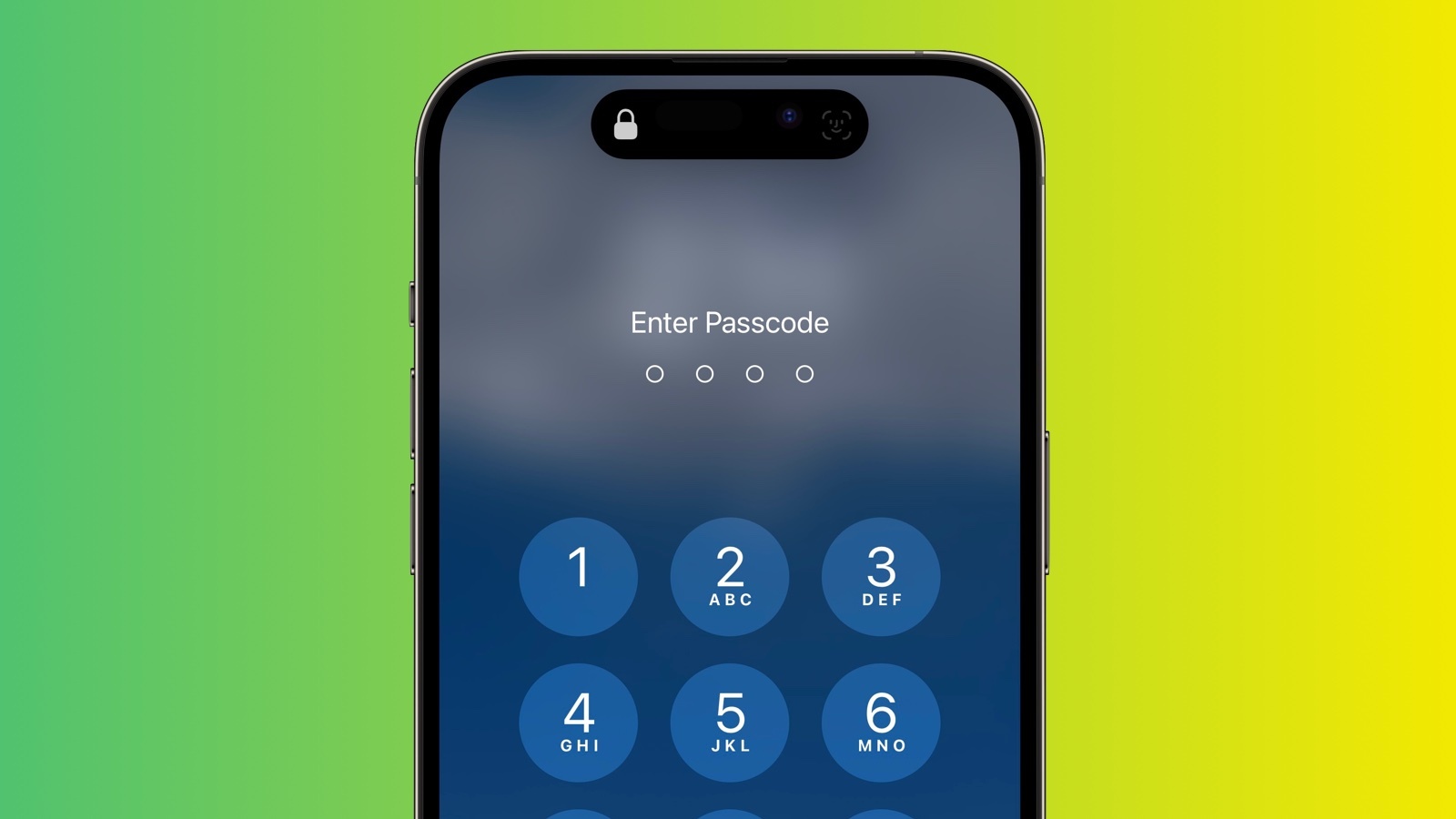
After a reboot, an iPhone is more difficult to break into with the forensic tools used by law enforcement and others, such as bad actors. There are multiple unlocked states for an iPhone, and an iPhone that’s at a passcode screen but has been previously unlocked with Face ID/Touch ID is easier to break into.
An iPhone that has recently restarted is in a “Before First Unlock” state, and that is when an iPhone is most secure because all data is encrypted. A reboot will initialize if a device is in a locked state (as in has been unlocked with Face ID or Touch ID but is now at the passcode screen) and has not been unlocked for a 72 hour period.
A 7-day inactivity reboot functionality was initially introduced in iOS 18, but the timer was shortened to three days with the launch of iOS 18.1. An iPhone in “Before First Unlock” state has messaging about Face ID/Touch ID being required after an iPhone restarts. An iPhone in the “After First Unlock” state simply says “Enter Passcode.”
Apple has not provided details on inactivity reboot, and kept quiet about the addition of the feature. It was discovered when law enforcement officials noticed iPhones spontaneously rebooting following the launch of iOS 18. 404 Media last week shared a letter from officers in Detroit, Michigan, warning other law enforcement about the new limitation. While police speculated that the reboot could be tied to cellular network connectivity, iPhones will reboot regardless of connectivity status.
There was also speculation that an iPhone running iOS 18.1 could cause other iPhones to reboot, but that does not seem to be the case.
Law enforcement officials can still use brute force tools to get into iPhones running iOS 18 or later, but breaking into an iPhone must now be done before the iPhone restarts.
This article, “iOS 18 Security Feature Causes iPhone to Reboot After Three Days of Inactivity” first appeared on MacRumors.com
Discuss this article in our forums